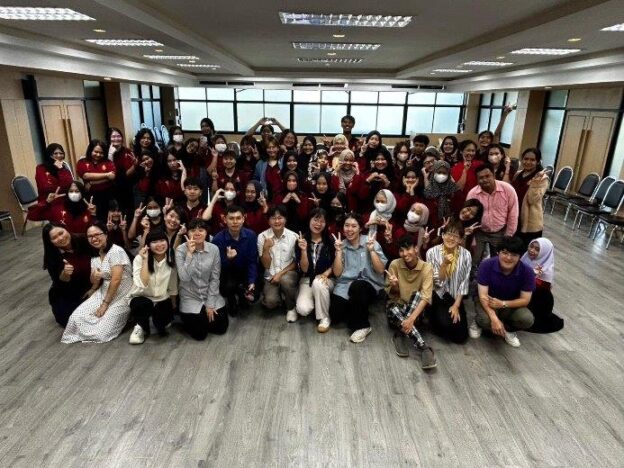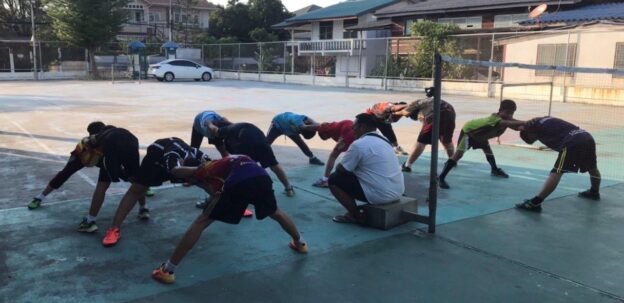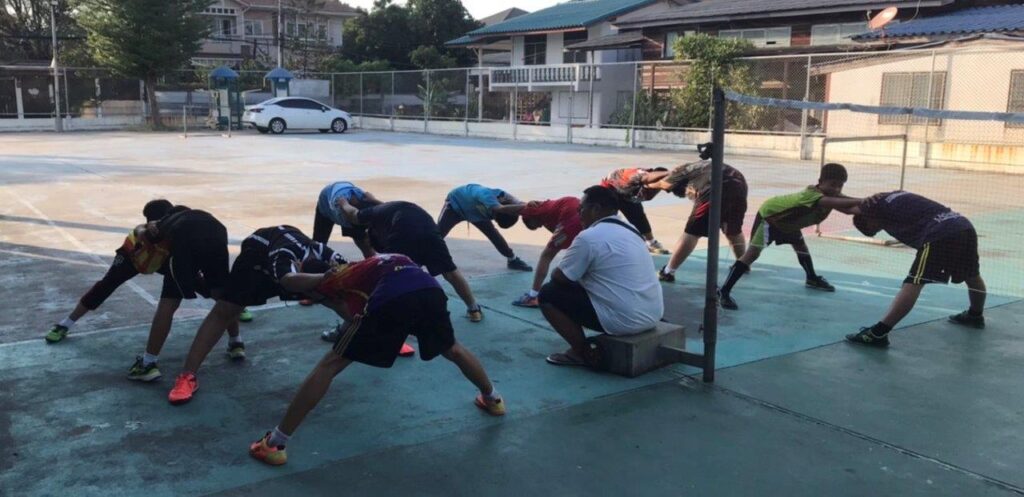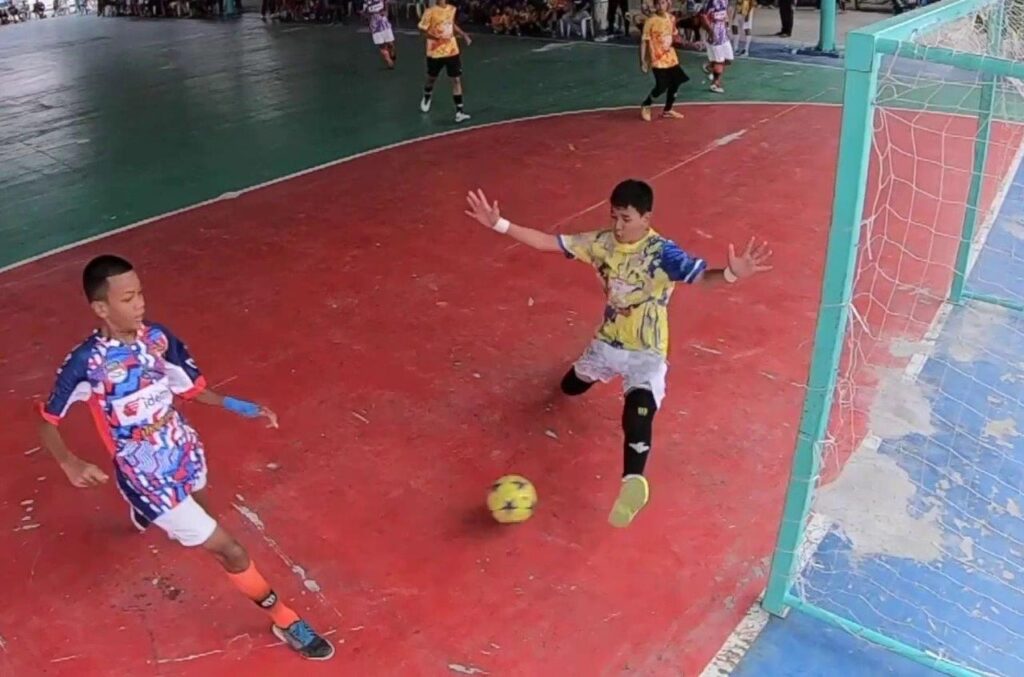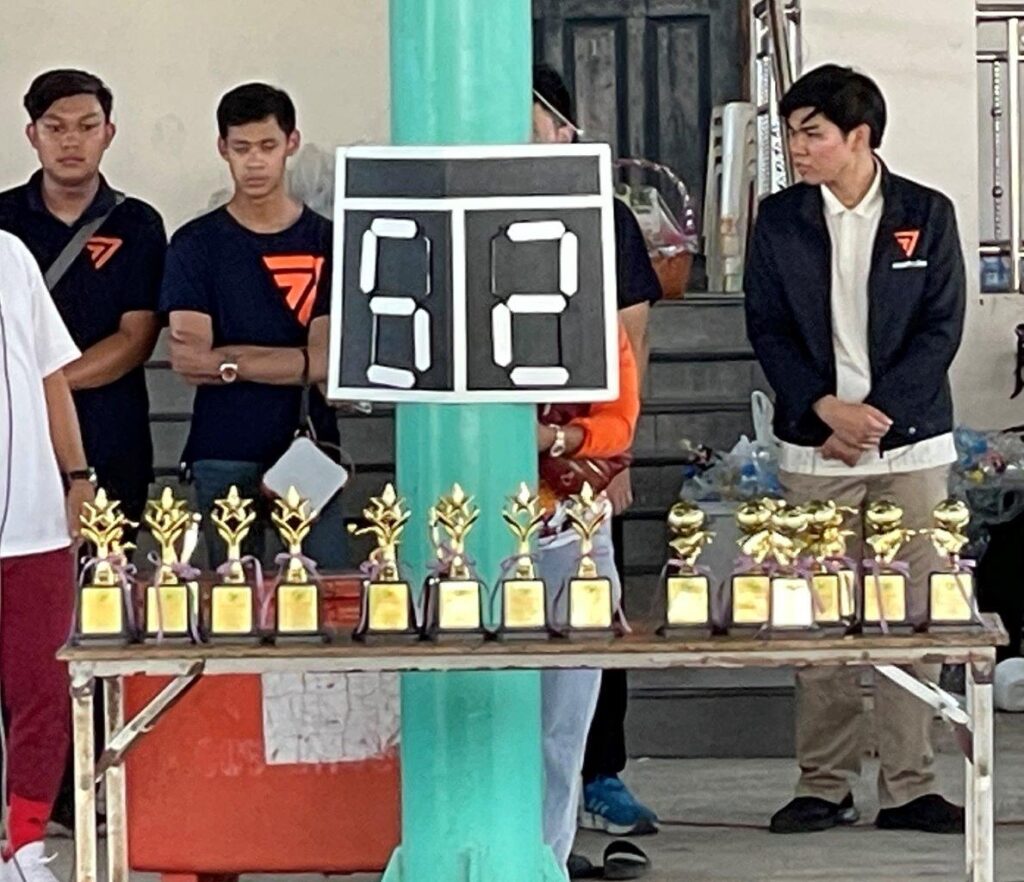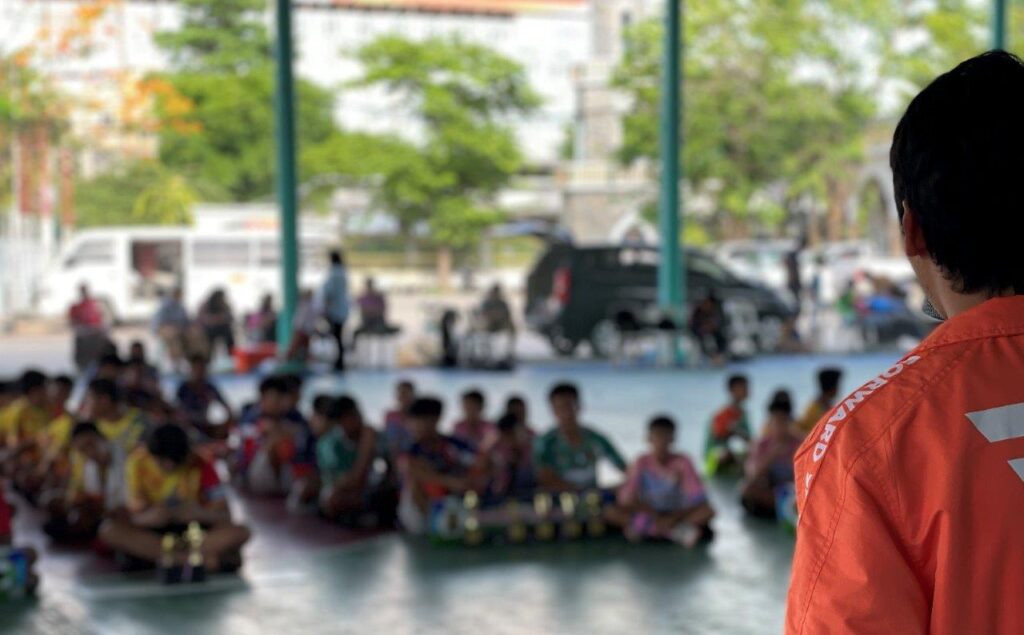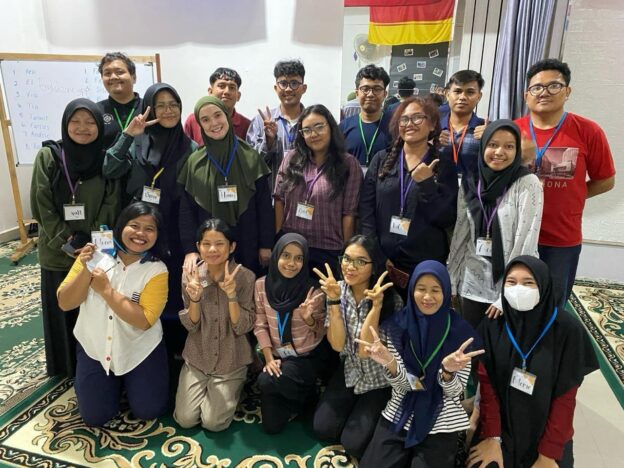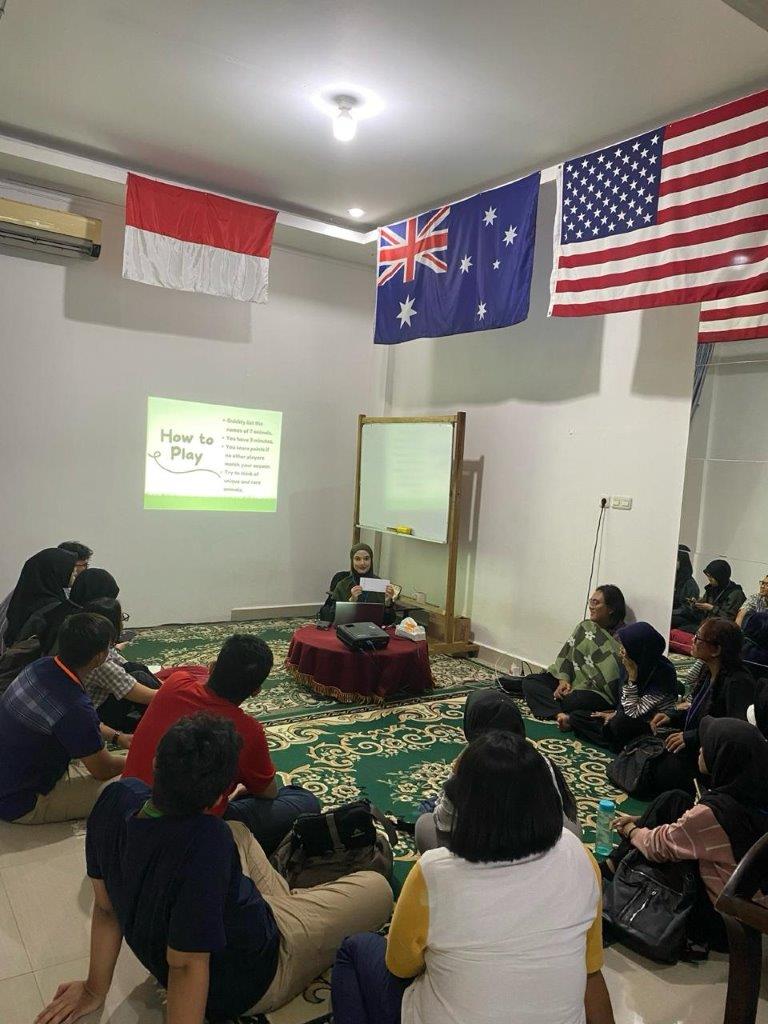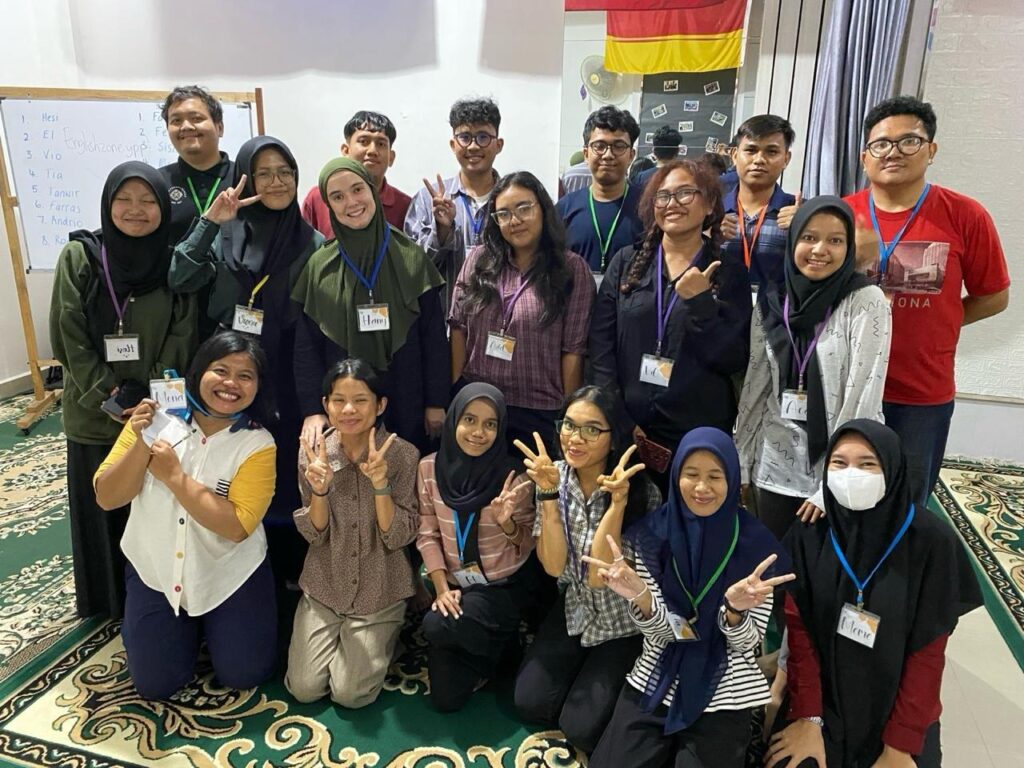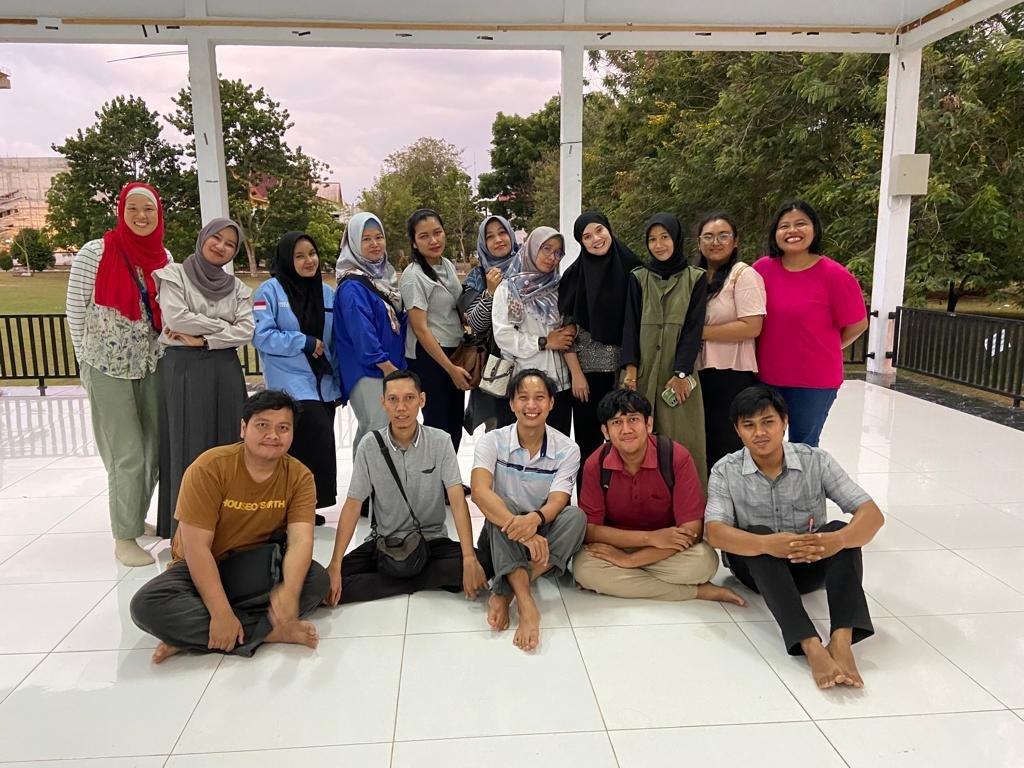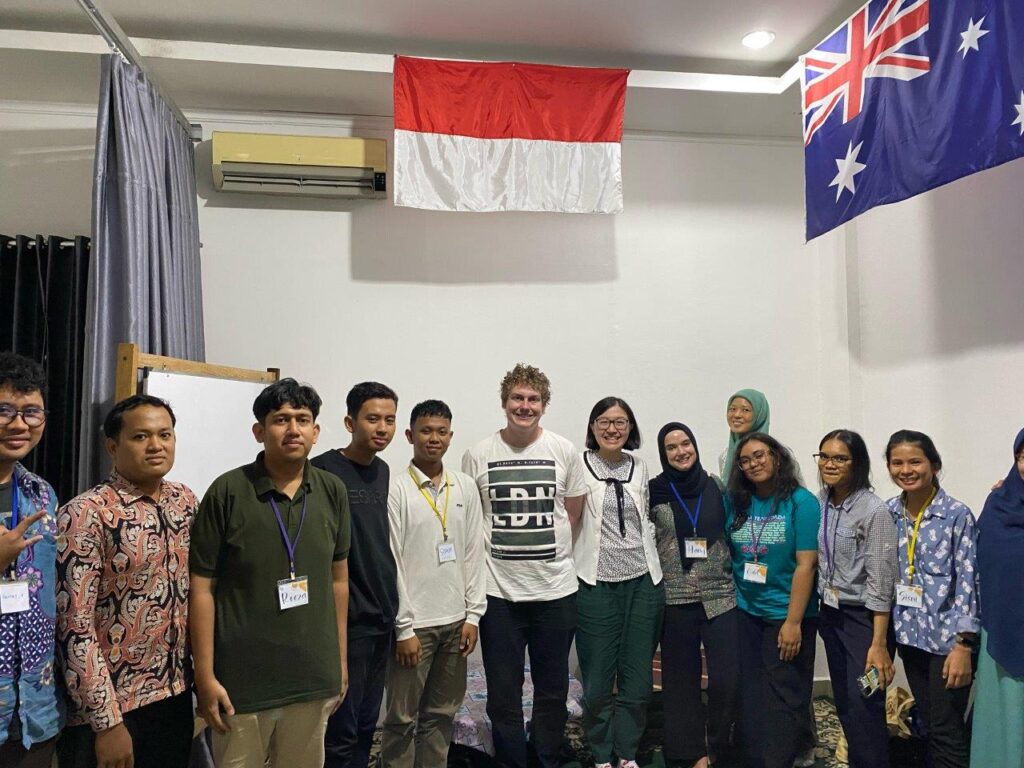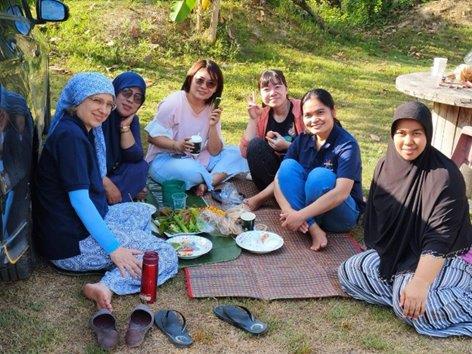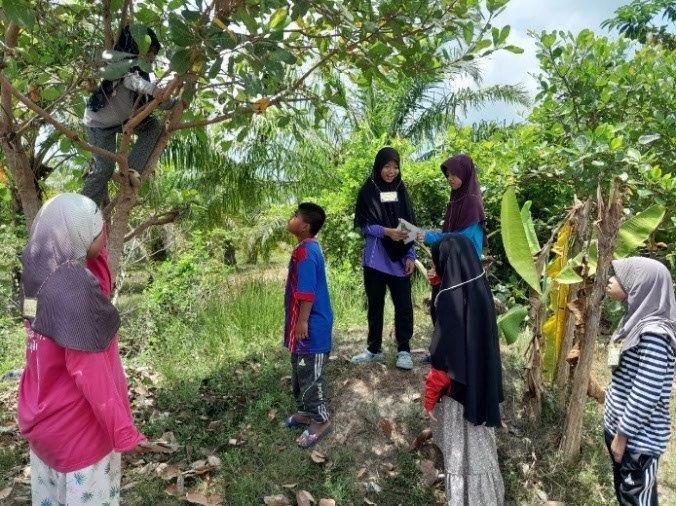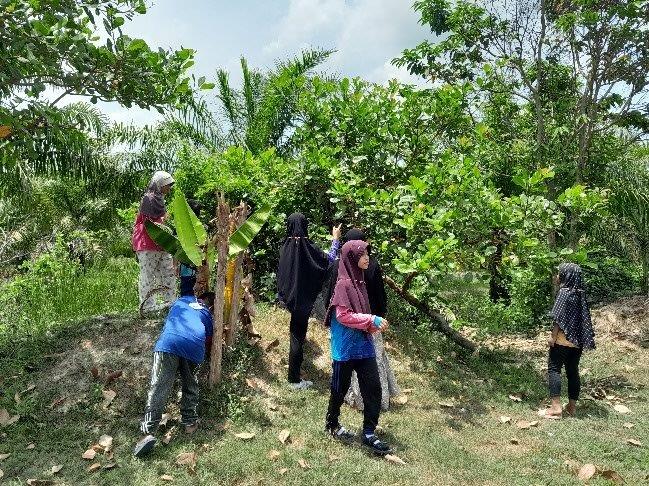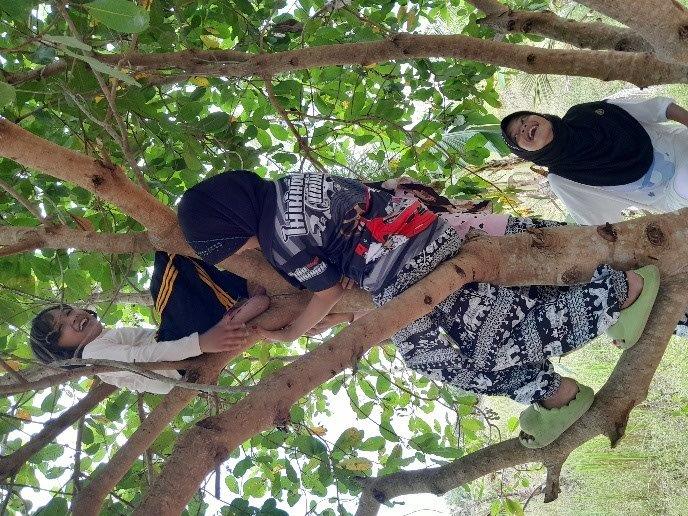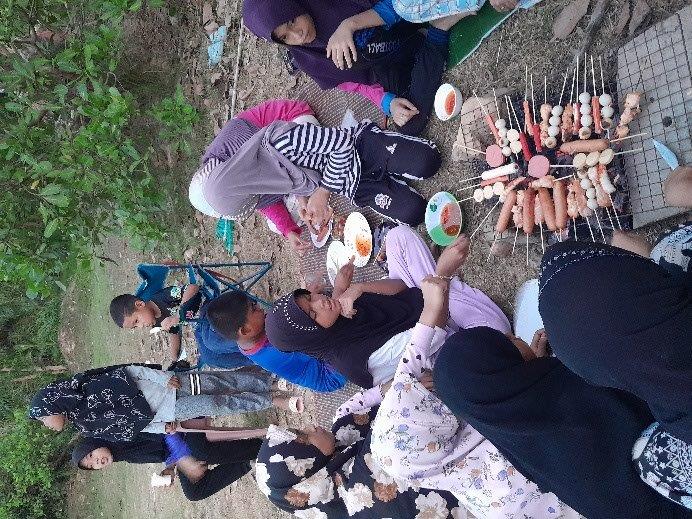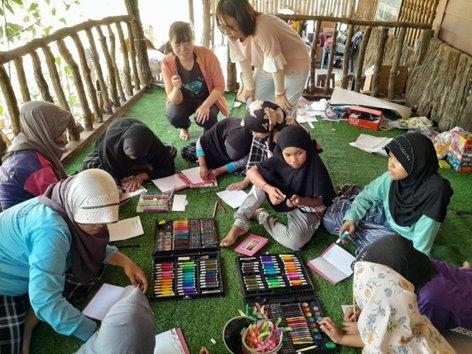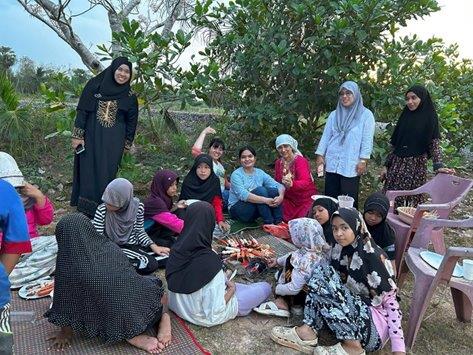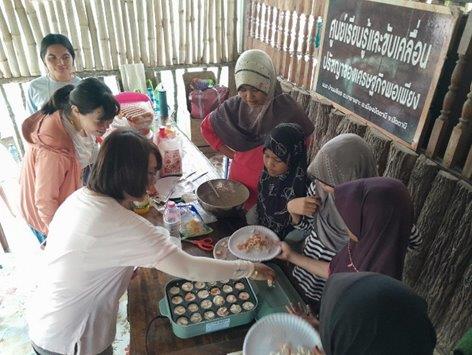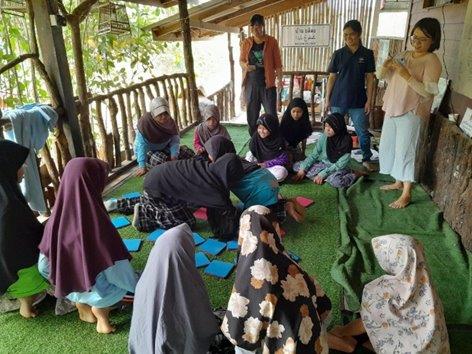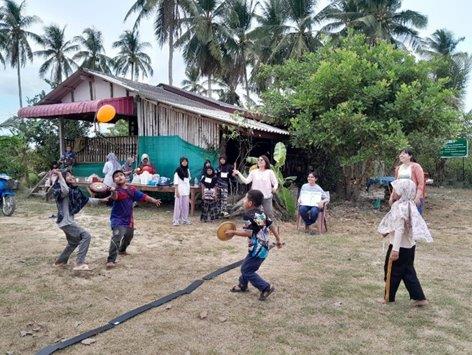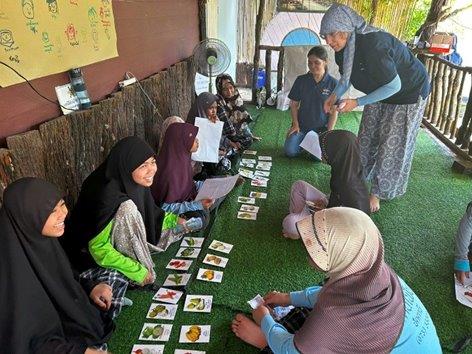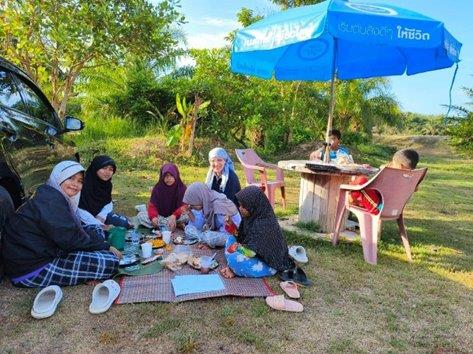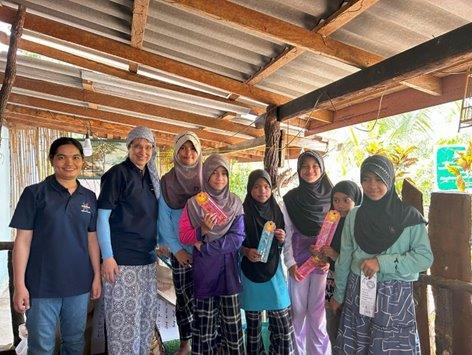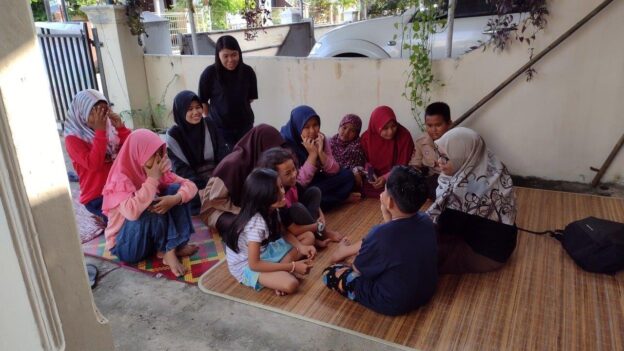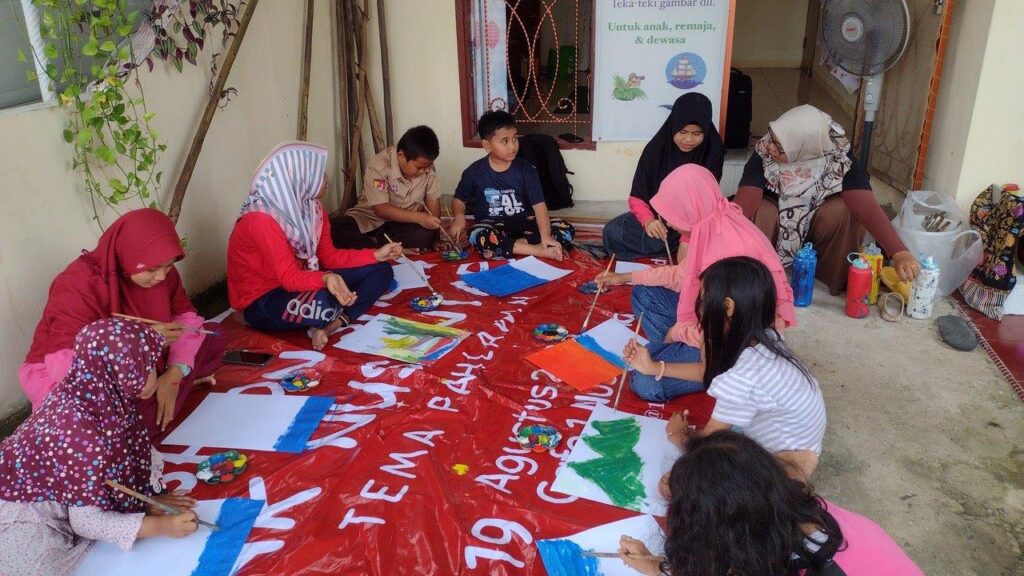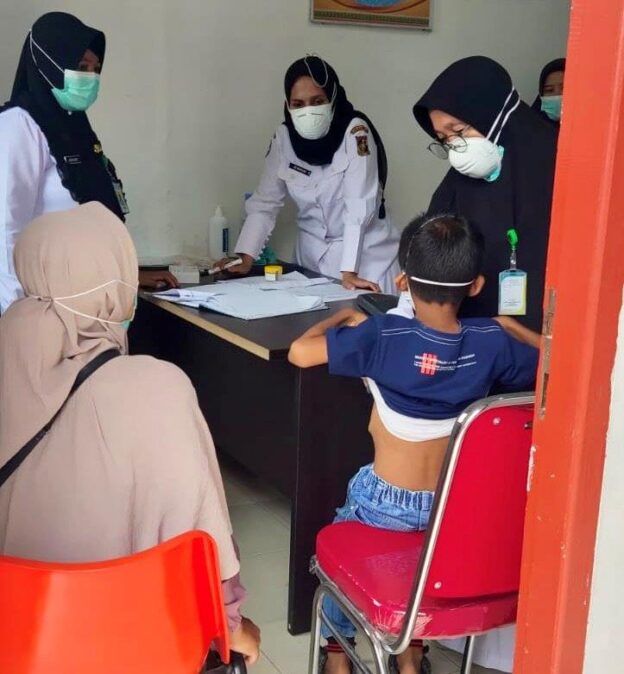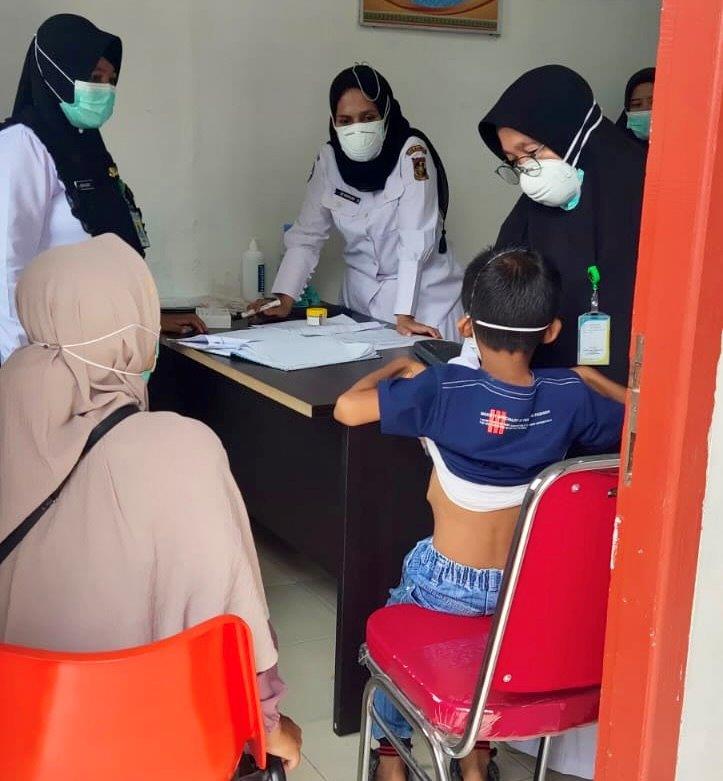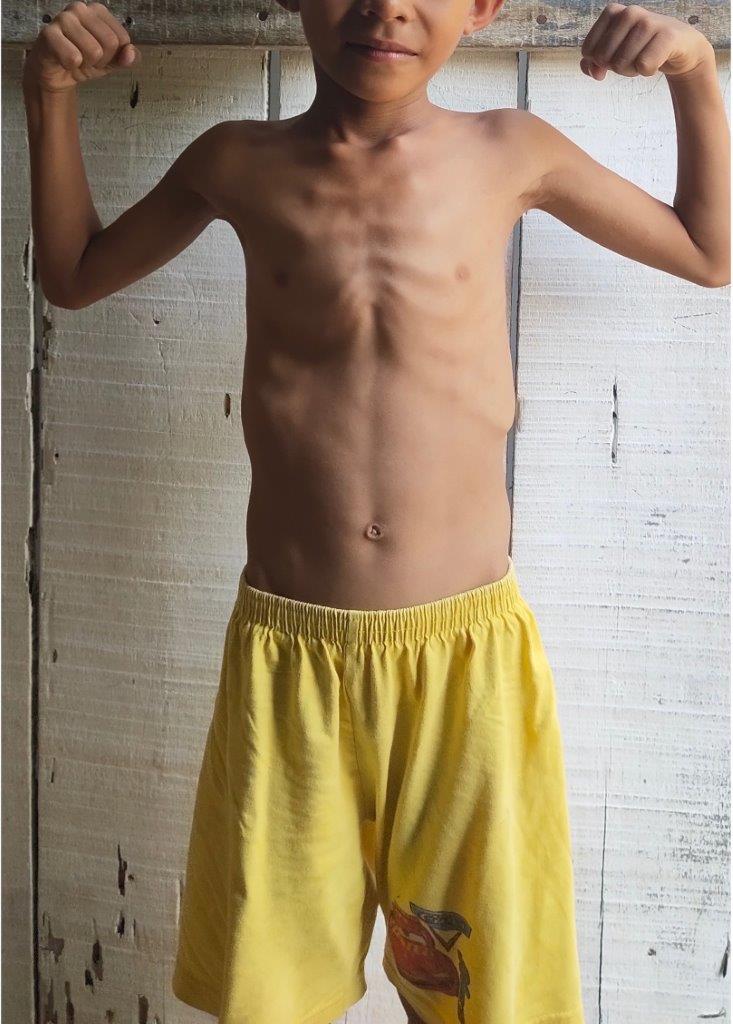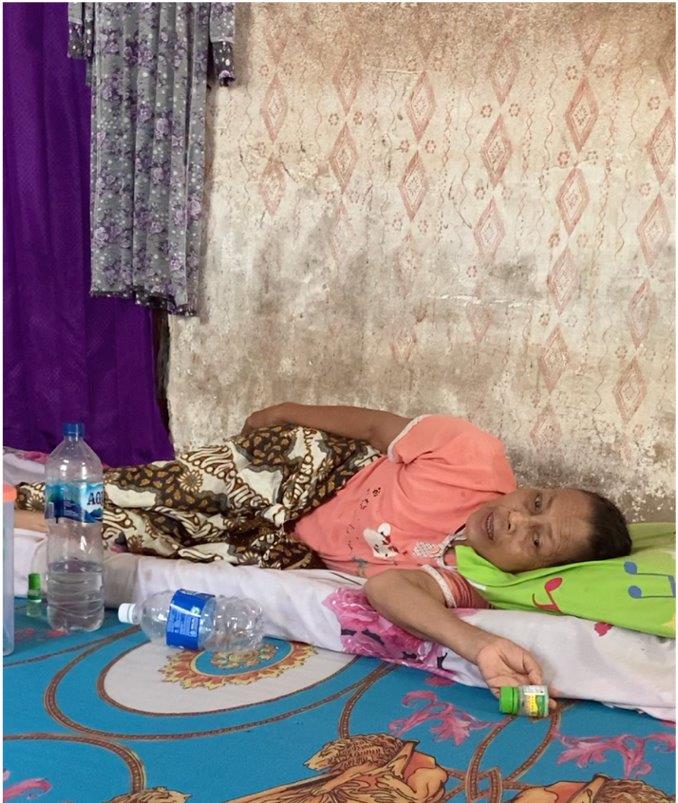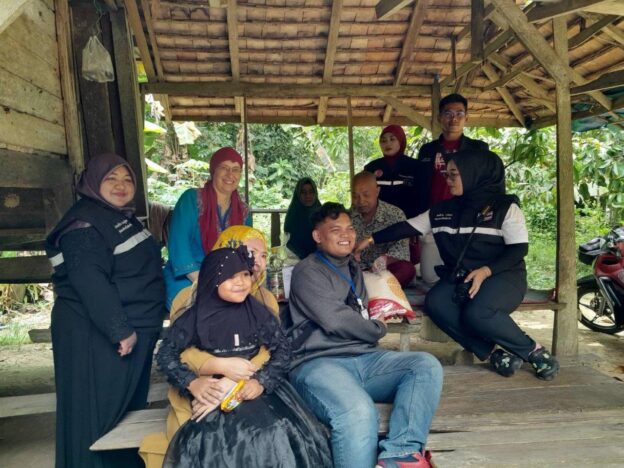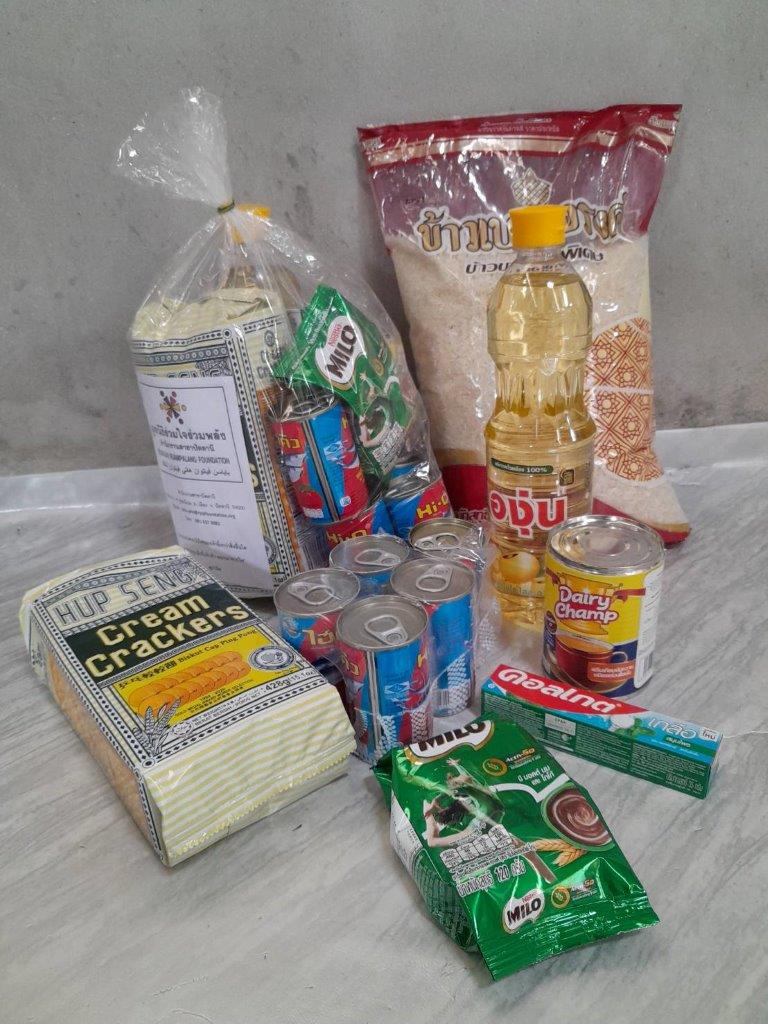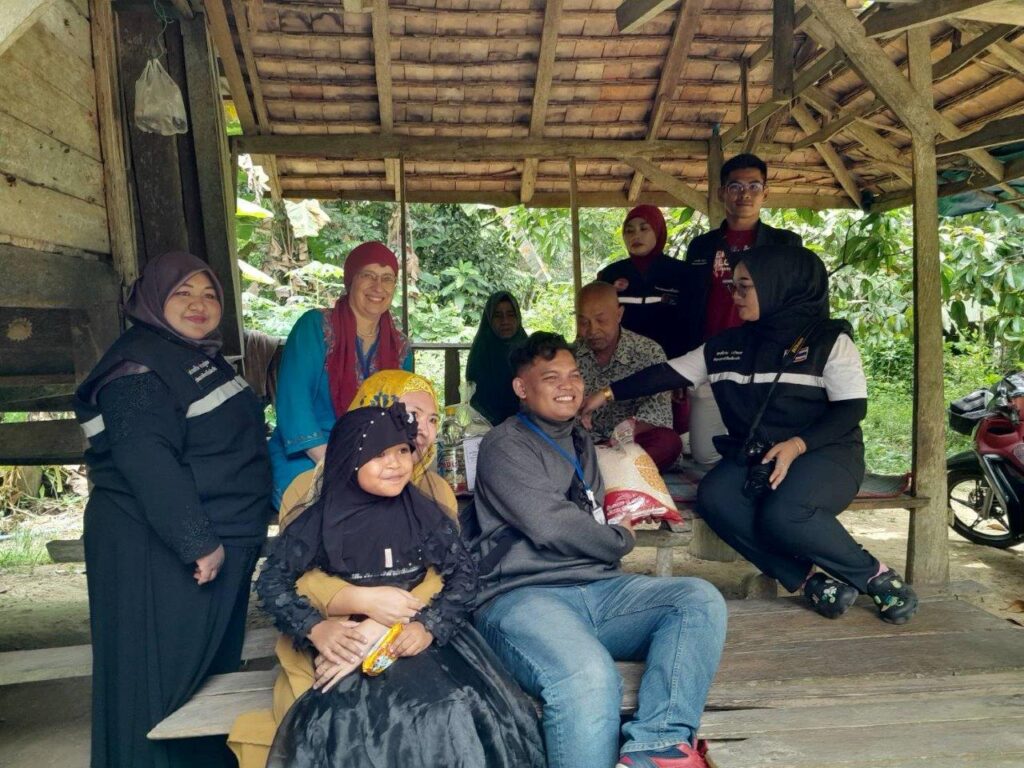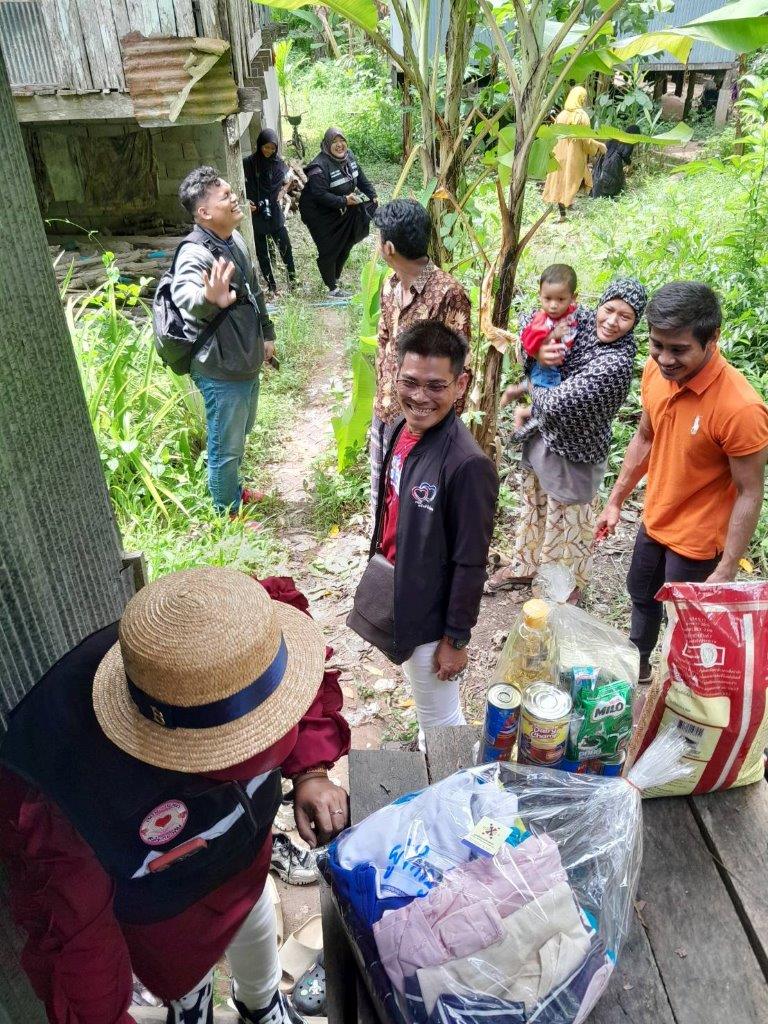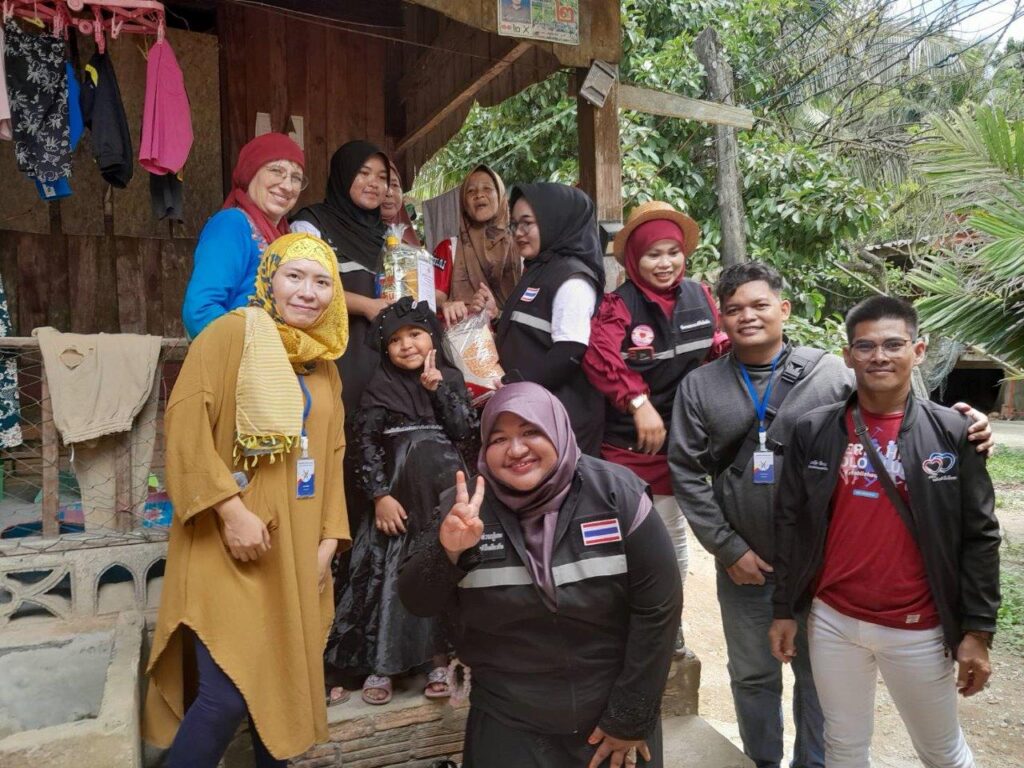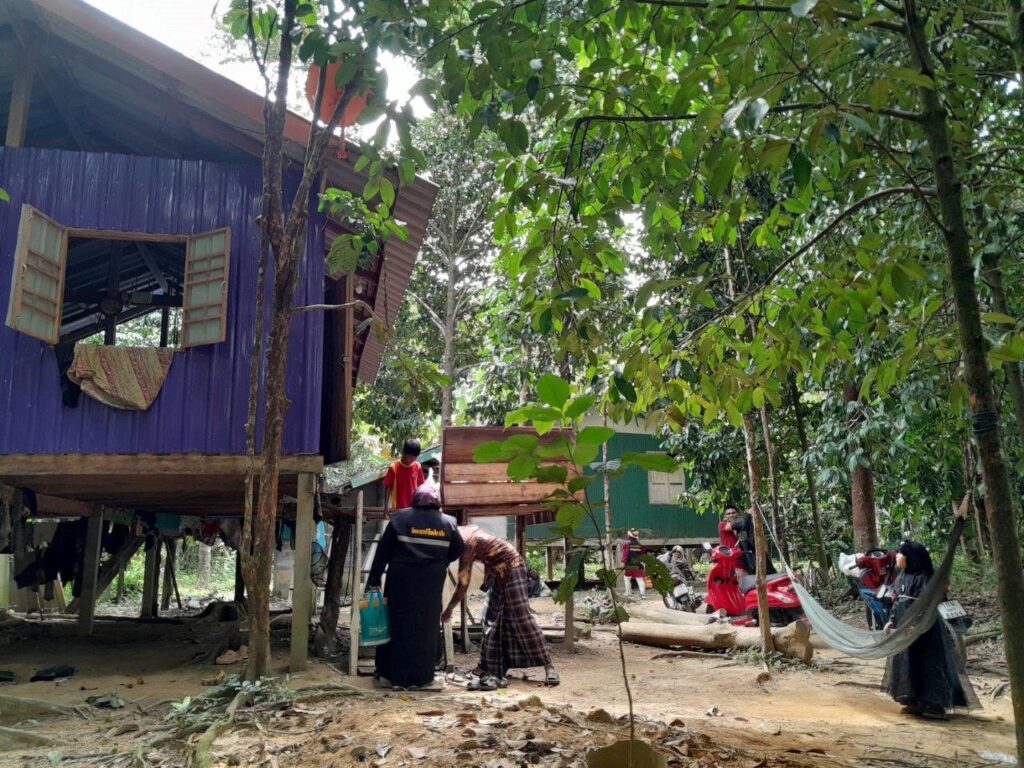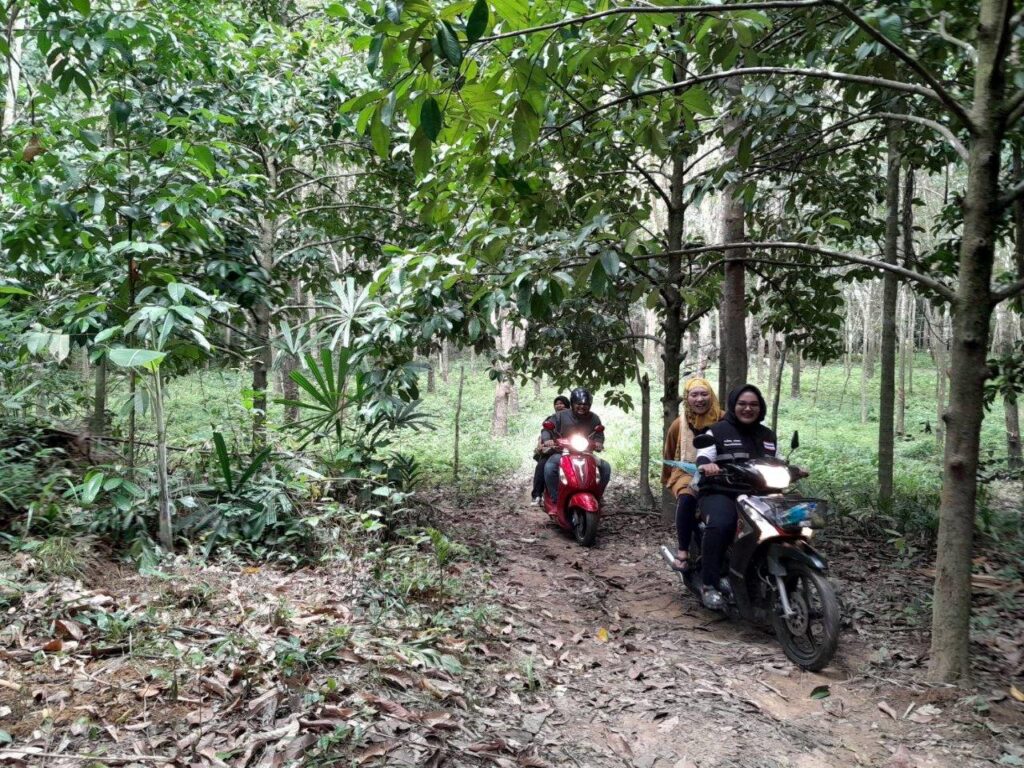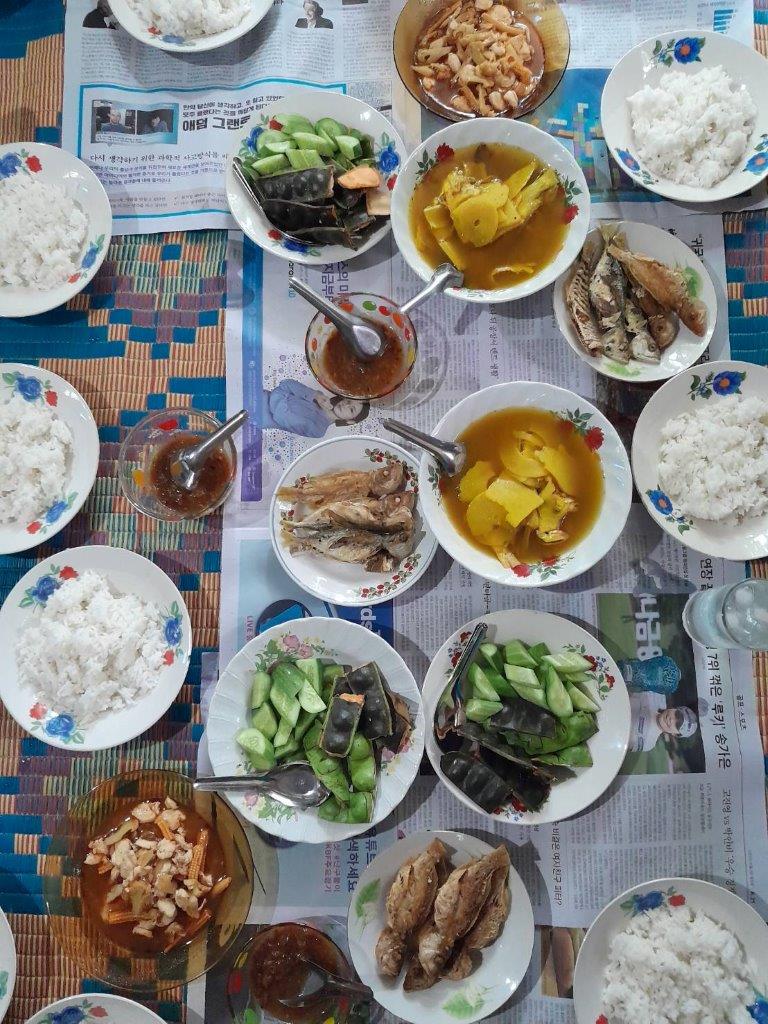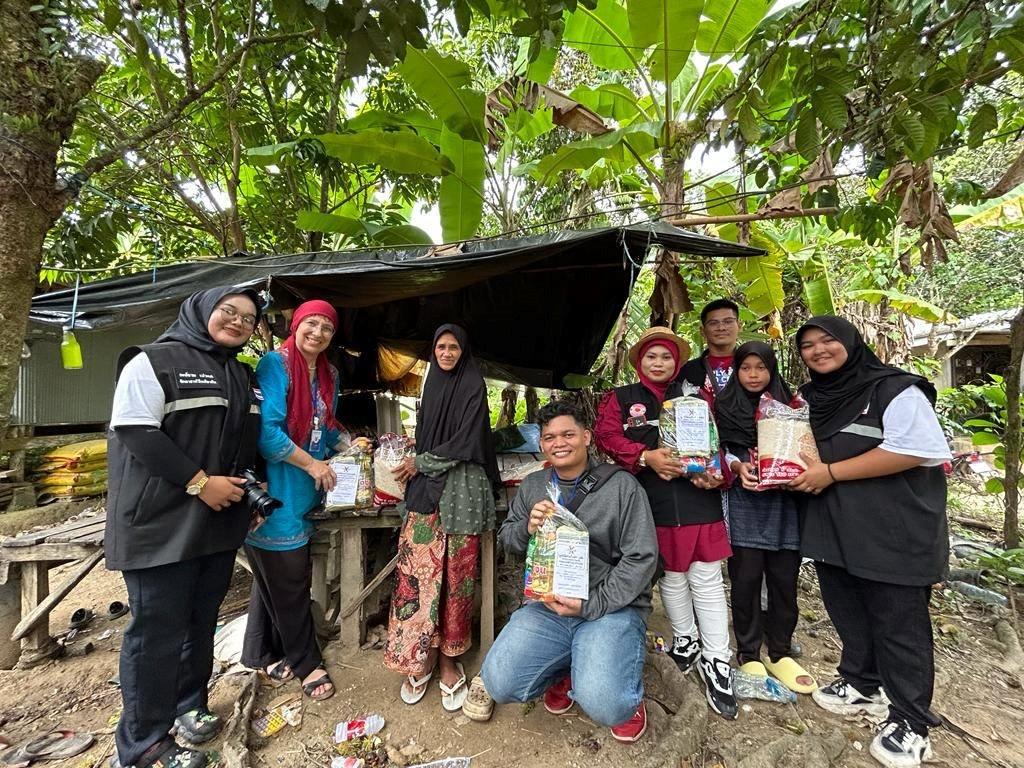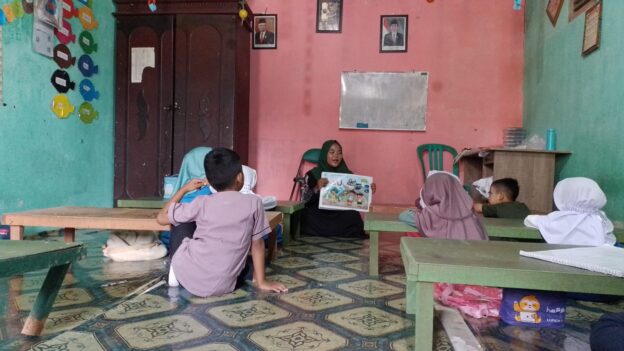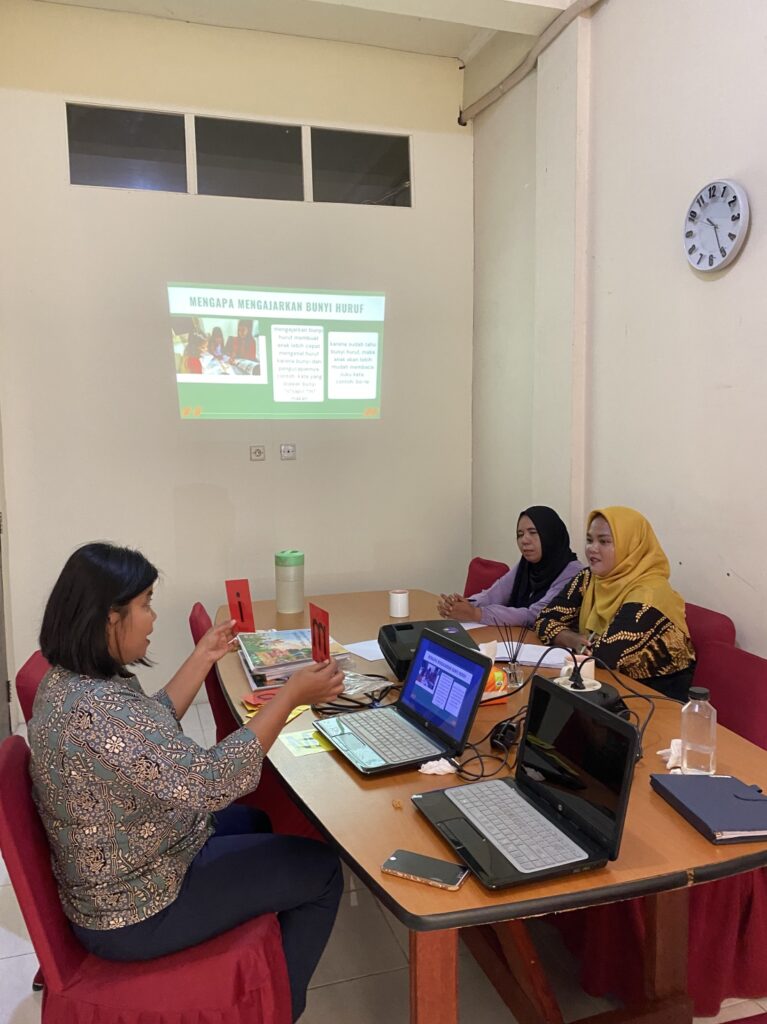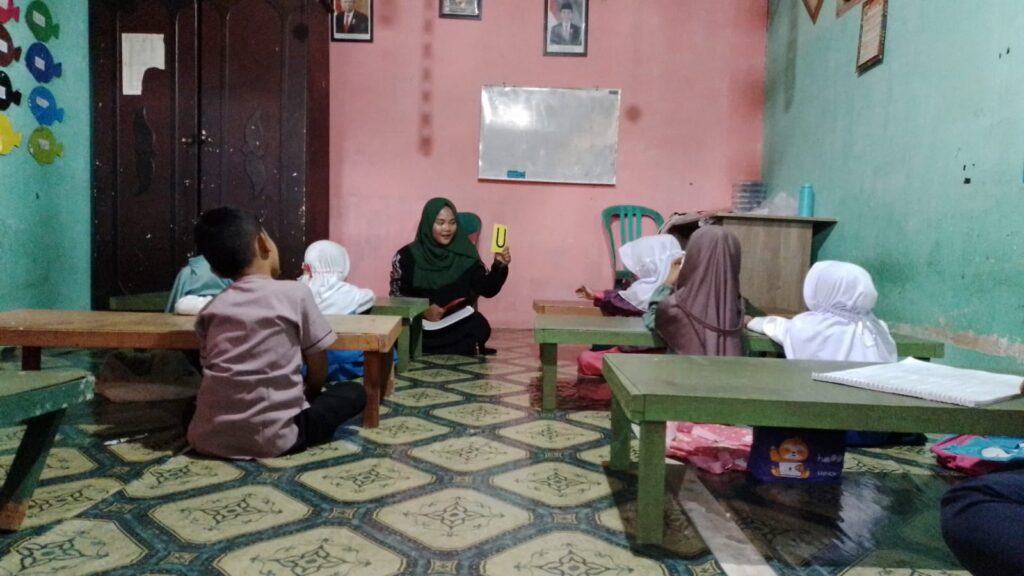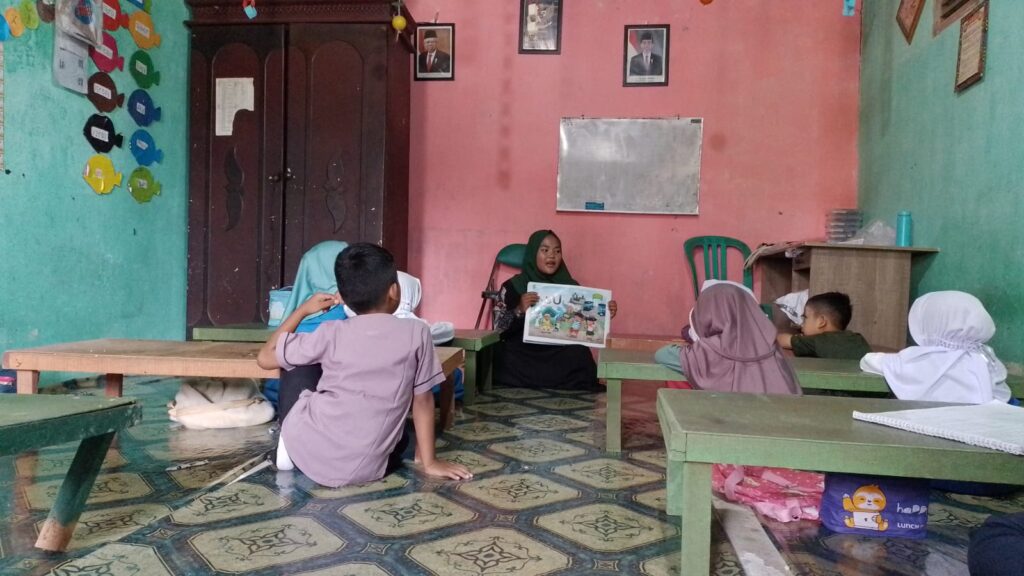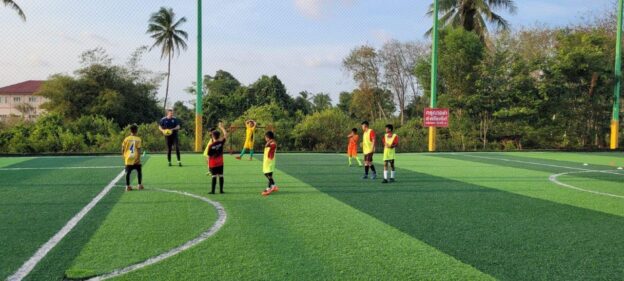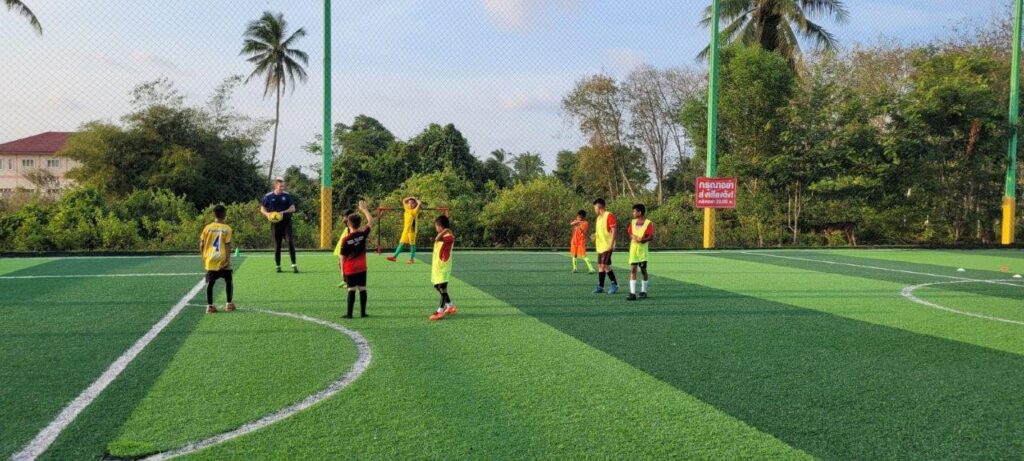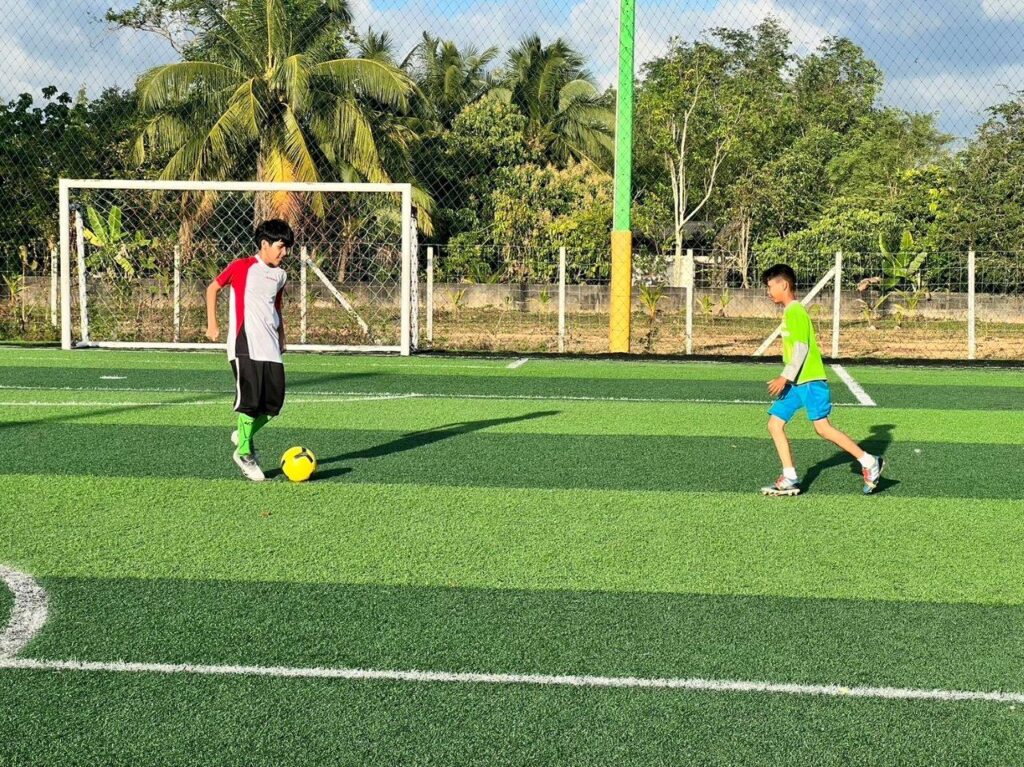Last summer holiday, we organized a Chinese cultural exchange program between a group of students from Taiwan University and those from a university in southern Thailand, studying Chinese.
The Taiwanese students prepared various activities to showcase Taiwan and its rich culture. These included games to familiarize everyone with Taiwan’s provinces and cuisine, writing spring couplets, and sampling Taiwanese snacks.
Despite meeting for the first time and hailing from different countries, within a few hours, they formed bonds of friendship. The local students even extended invitations to explore the vibrant student life in southern Thailand together, further enriching their exchange experience.
Let’s see the feedback from the Taiwanese students :
Student one :- In fact, we are the ones being received. The Thai students care for us in all aspects of life, and we experience the most authentic acceptance and relationship building.
Student two :- After contacting students from southern Thailand, I realized that we are actually not very different. We like similar things and have very similar living habits. I even think they are more beautiful than people from my own country-Easy to get along with. Being in the south really opened my eyes. After returning to Taiwan, I am more willing to communicate with people from different countries and cultures.
Student three : – can feel that they are happy to introduce us to things they like or are famous in the local area. They will also receive us warmly and want to give us the best things. We are really happy and feel loved. Through this cultural exchange, I saw that they have a lot of rich imagination and creativity in a limited environment. There are many ideas that I have never imagined. I am very grateful for this exchange trip, which allowed me to expand my horizons.:- After contacting students from southern Thailand, I realized that we are actually not very different. We like similar things and have very similar living habits. I even think they are more beautiful than people from my own country-Easy to get along with. Being in the south really opened my eyes. After returning to Taiwan, I am more willing to communicate with people from different countries and cultures.





